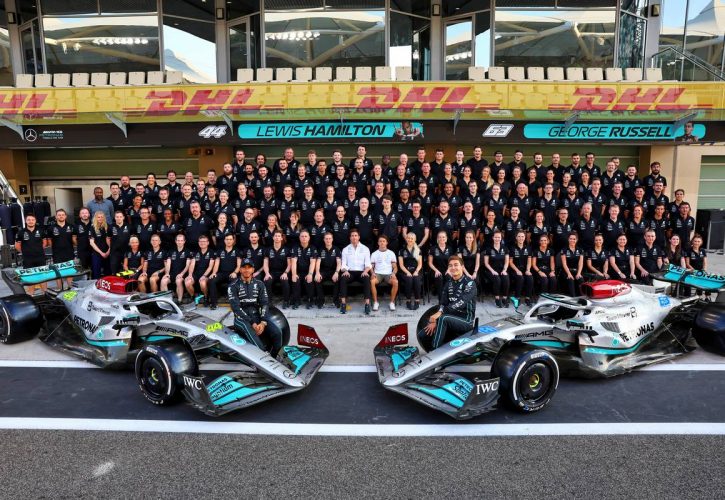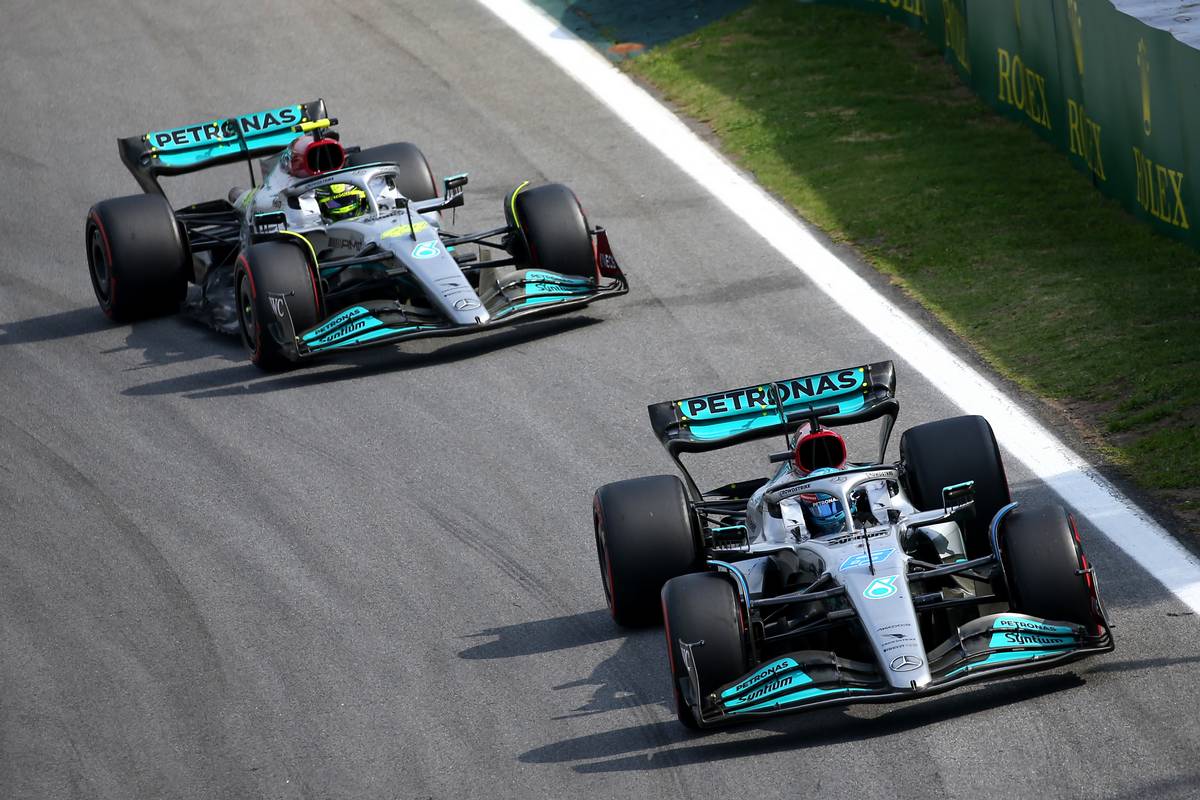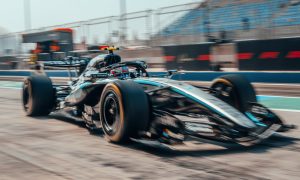
Mercedes lost out big time on the sporting front in 2022, but its war chest swelled by a healthy amount during a profitable campaign, financially.
Mercedes-Benz Grand Prix Ltd raked in £474.6 million of total revenue in 2022, which equated to a roughly 24% increase relative to 2021.
Over half of the team’s turnover (51%) originated from sponsorship and licensing, while 30% came from Formula One’s prize fund, with 19% derived from other income, including from its Applied Science division.
Mercedes enjoyed a significant increase of its prize fund revenue year-over-year, not only as the Constructors’ champion in 2021 but also due to F1 returning to a normal level of operation compared to the previous year, when the lingering effects of Covid continued to impact Grand Prix racing’s business.
The Brackley squad registered an operating profit of £113,6 million or an impressive 58% ramp up (£41.6 million) compared to 2021.
The team’s net after tax profit for the year clocked in at £89.7 million, up by some £20.9m from £68.8m in 2021.
For all the troubles, migraines and predicaments he endured during Mercedes’ challenging 2022 campaign, Toto Wolff received a hefty compensation for his efforts as the team distributed a £75 million dividend equally between its trio of shareholders, meaning Wolff, Mercedes AG and Ineos.
Regarding Ineos’ sponsorship of Mercedes, as the company is also a shareholder, Mercedes was required to divulge the value of Ineos’ annual sponsorship which was £42 million in 2022.

In 2022, Mercedes F1’s workforce numbered 1,114 individuals, marking an increase of more than 100 compared to the preceding year.
Of this increment, only 24 individuals were allocated to roles in design, engineering, and manufacturing, falling within the cost cap limit, while the remaining workforce expansion took place within the administrative domain as more personnel was required to manage the team’s cost cap operations.
Mercedes’ annual accounts reveal that the team gained full ownership of its Brackley site, a location it has called home since its inception as British American Racing in 1999.
This achievement is underscored by a notable £30 million increase in tangible assets on the books.
Wolff stated that the acquisition “will give a more secure, robust and autonomous business model for the future, and enable significant investment into cutting-edge, net-zero-carbon facilities as the campus is developed.”
Keep up to date with all the F1 news via Facebook and Twitter







